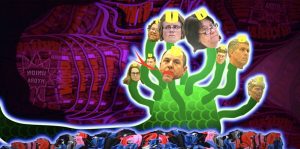
Film has a way of giving voice to the voiceless. The mainstream media has its own agenda, and so the problems in your little town will rarely get attention. Small-town corruption is not a priority or doesn’t fit their agenda. So with cameras, digital recorders, and cellphones in tow, suburban parent, Wayne Coe, became a documentarian out of necessity to make his voice heard and shine a light on a pervasive problem in his cities across America in his film, We Have Your Kids.
We Have Your Kids tells the story of the underdog. Parents Wayne Coe and Steve Gilger are the “David” and the behemoth “Goliath” is the Chatham Board of Education. The problems began with the closure of the communities Middle School. If you look at the map of Chatham, New York, the town’s Elementary, Middle, and High Schools are close to one another with a forest in the background. A train track (carrying various deadly fuels and chemicals) circles the three schools with a single two-lane road that provides access to school for the parents and students every morning and afternoon. A potentially deadly nightmarish situation, but that’s not the problem.
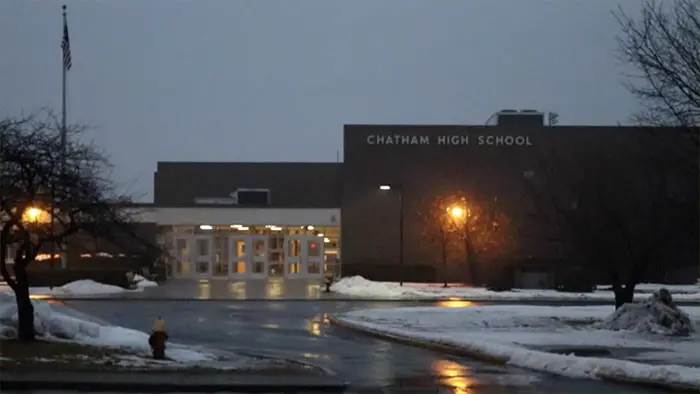
“The problem? Money and power with virtually no checks or balances.”
In its infinite wisdom, the Board of Education is about to vote to close the middle school and consolidate it with one of the two remaining schools. After seeing the overcrowding of students, the narrow access to campus, and the downward decline of education and test scores since the plans were announced, Coe and Gilger took action and soon find themselves way in over their heads. At the same time, they discover a complicated and pervasive level of corruption going on at the top. The problem? Money and power with virtually no checks or balances.
What stood out to me the most is how years before, the Board passed several bonds (essentially loans) to pay for improvements to the school, one included $1.3 million to improve the small parking lot. Think about it, $1.3 million to pave and paint a parking lot, while not adding new spaces. Where did that excess money go? Similar bonds were taken out, and little to no visible improvements to the school and with little to no improvement in grades. Then with the school under so much debt and after performing millions in “improvements,” the district decides to close said school and sell it to a third party. Simply put, the Board borrowed millions on behalf of taxpayers, overspent it on minor improvements, and then sells the very building they just “improved” at pennies on the dollar.
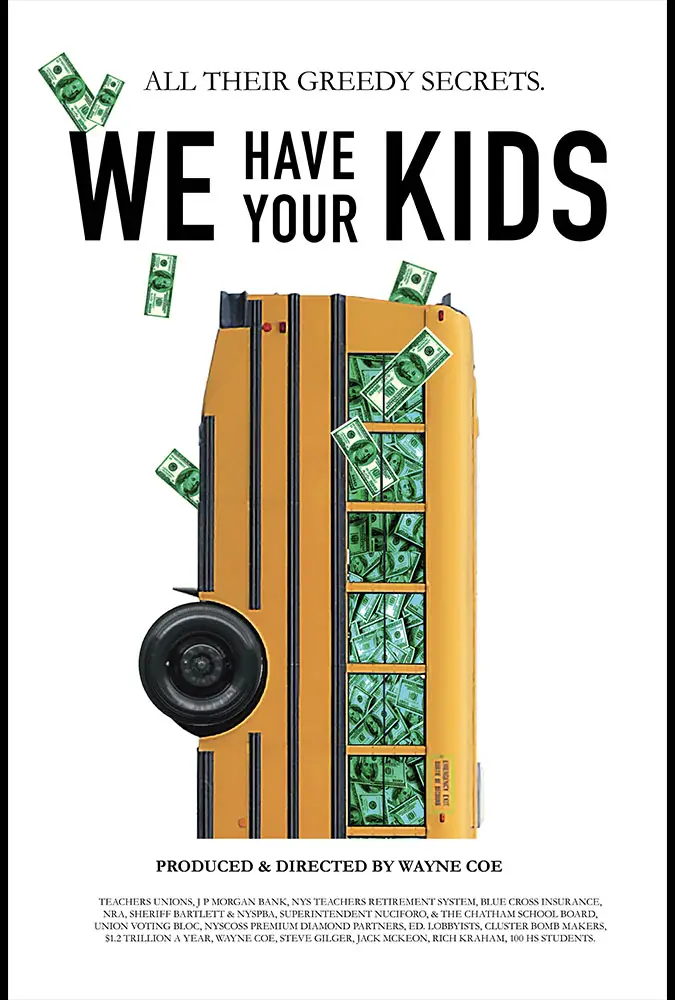
"…stuck their necks out on an issue that could have come out disastrously for them in the end (see The Irishman)."
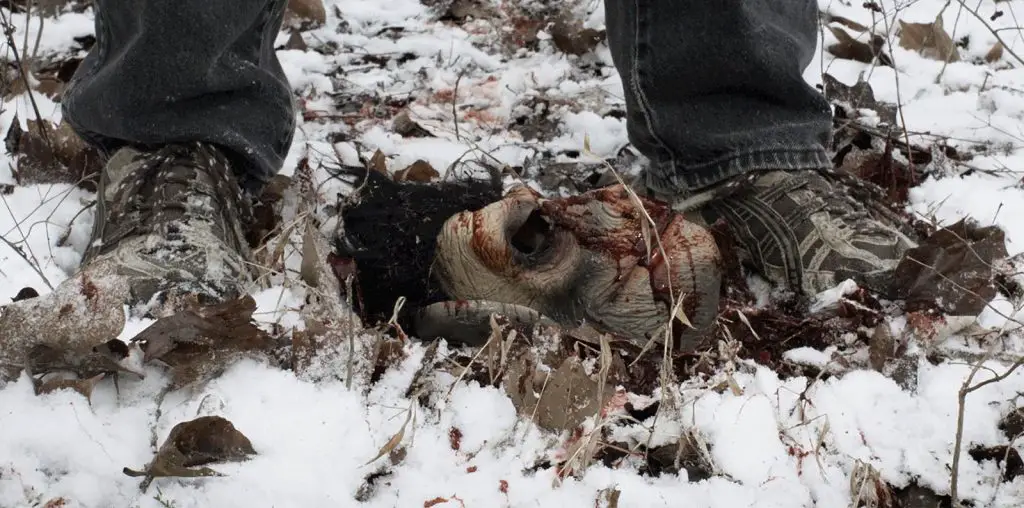
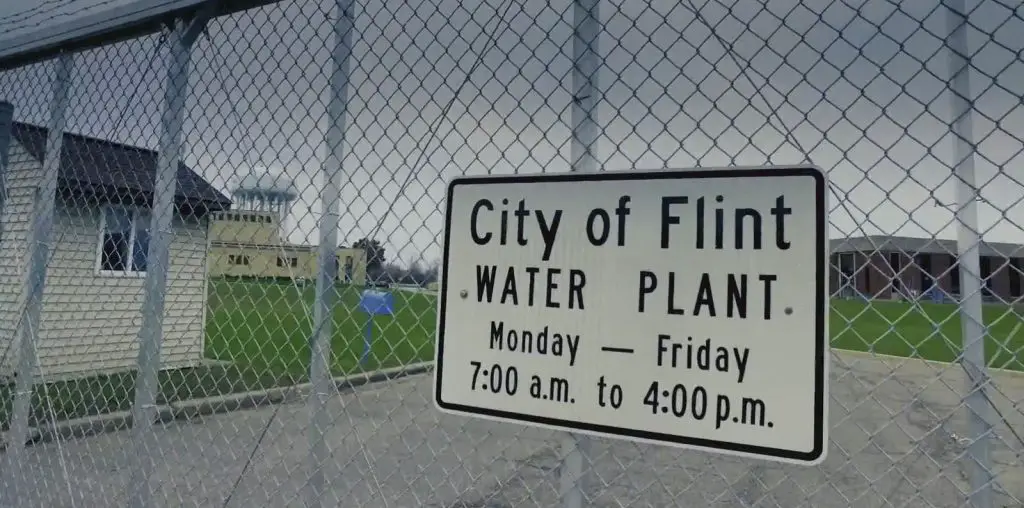
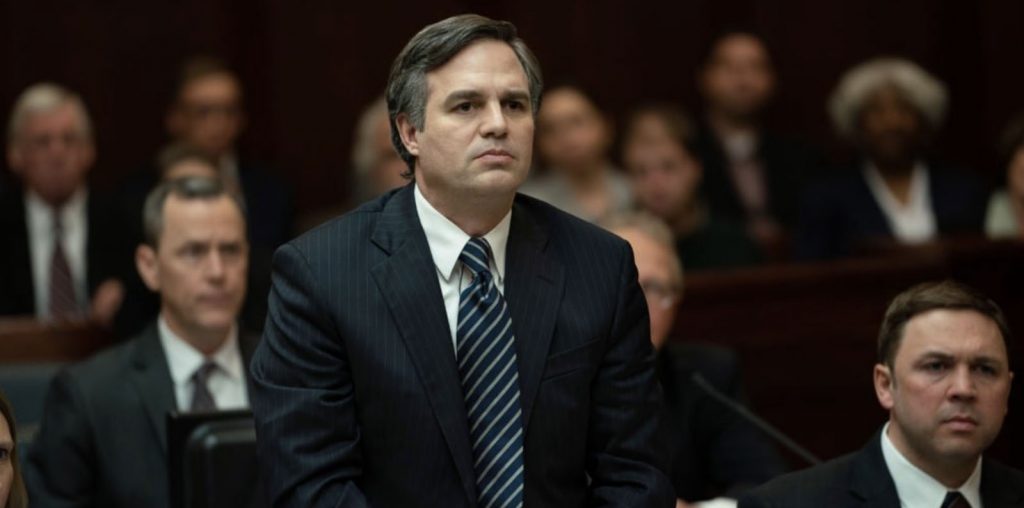
Dear Mr. Ng, Thank you for the excellent Review and keen insights for readers regarding my film, We Have Your Kids. Six years in the making, it’s a first, outlining the legal, financial, political and militarily defenses guarding long established pipelines of wealth to the trillion dollar ‘education industry‘. A school fight, a class war, a thought crime, Steve and I were Quixotically victorious; the first in the nation to stop a school closing. You did a fantastic job of catching the heart of my parent-artist film: let our eloquent students be free to speak. The 100 student poll, 25% of the HS, was published by a non-commercial press, written outside school and may be unique. How can students become citizens when they’re stripped of their rights their entire School lives (in loco parentis)? Could my 13 years if incarceration and indoctrination be meant to internalize a total acceptance I as a citizens have no rights?